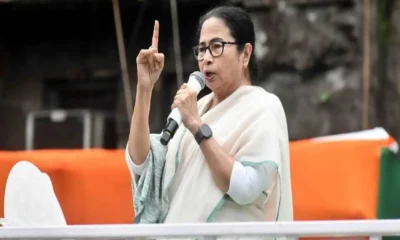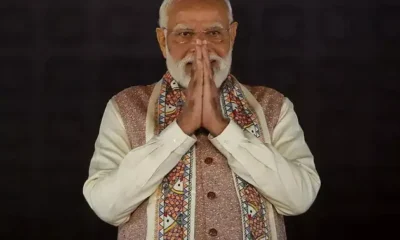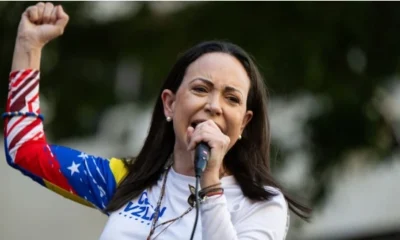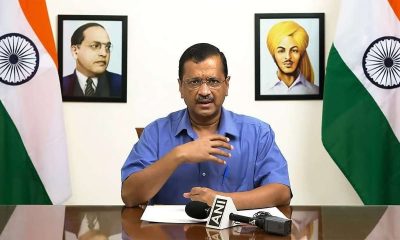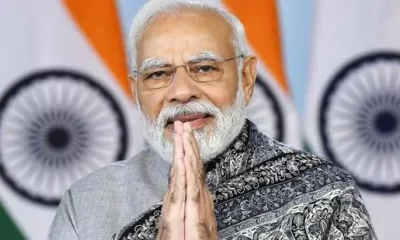India News
India’s UN ambassador Ruchira Khamboj says India shouldn’t need to be told what to do on Democracy
Khamboj stated that India doesn’t need to be told what to do about democracy and further added that India is the most ancient civilization in the world and the democracy has been deeply rooted into the country history which can be traced back to 2500 years.

India News
Rohit Pawar alleges big personality link in Ajit Pawar plane crash case
India News
Over 5,000 tribals join BJP in Assam’s Goalpara ahead of elections
More than 5,000 tribals, largely from the Garo community, joined the BJP in Assam’s Goalpara district during a large-scale ST Morcha programme ahead of elections.
India News
PM Modi crosses 100 million followers on Instagram, first world leader to achieve milestone
Prime Minister Narendra Modi has crossed 100 million followers on Instagram, becoming the first world leader to achieve the milestone and widening the gap with global counterparts.

